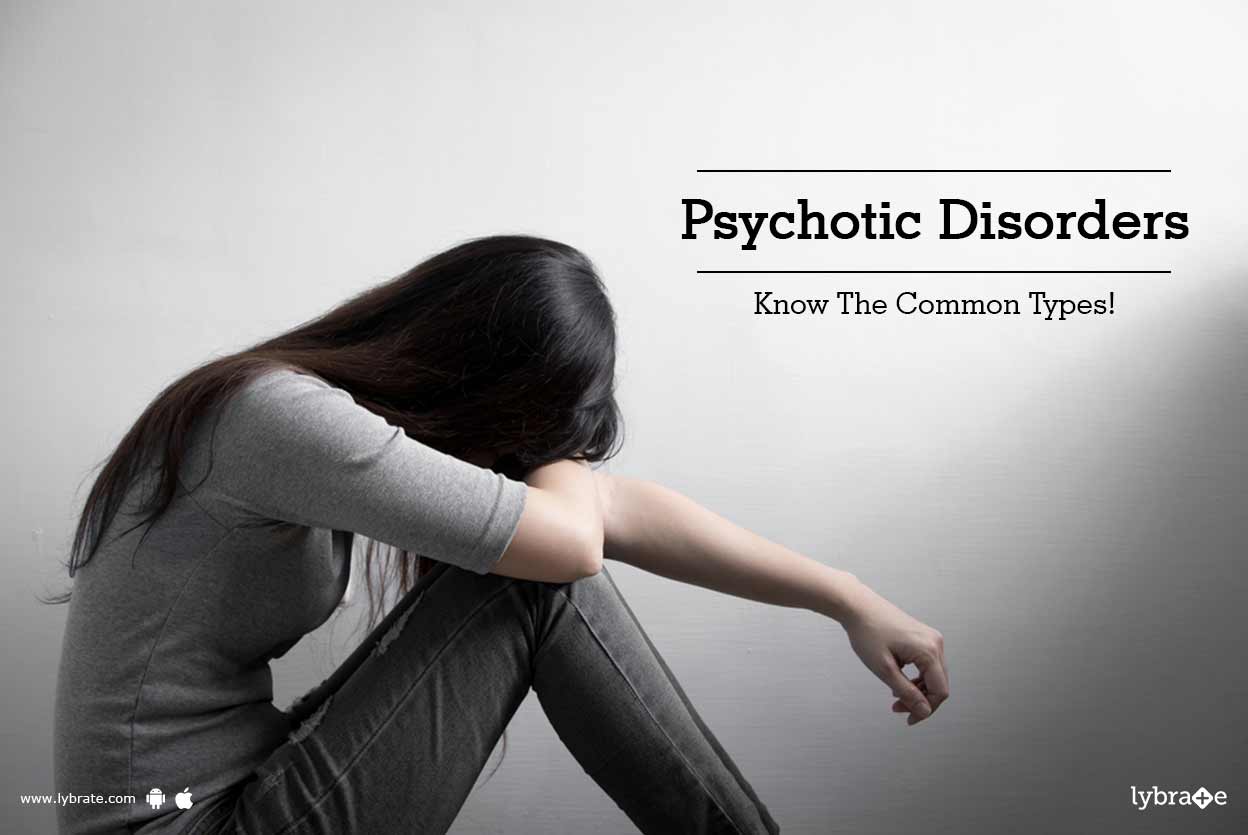Navigating the Complexities of Psychotic Disorders for Improved Quality of Life.
 |
| Psychotic Disorders // CanStockPhoto |
Psychotic disorders are a group of mental illnesses that affect a person's ability to perceive reality accurately. These disorders can cause severe disturbances in a person's thoughts, emotions, and behavior. Psychotic disorders can manifest in a variety of ways, including hallucinations, delusions, and disordered thinking.
* Some of the most common types of psychotic disorders include
Schizophrenia: This is a chronic and severe mental disorder that affects how a person thinks, feels, and behaves. It can cause symptoms such as hallucinations, delusions, disordered thinking, and emotional flatness.
> Schizoaffective disorder : This disorder is characterized by symptoms of both schizophrenia and mood disorders, such as depression or bipolar disorder.
> Delusional disorder : This is a type of psychotic disorder characterized by fixed beliefs that are not based on reality, such as paranoia or grandiosity.
> Brief psychotic disorder : This is a short-term episode of psychosis that typically lasts less than a month and is often triggered by a traumatic event.
> Psychotic disorder due to a medical condition : This is a type of psychotic disorder that is caused by a medical condition, such as a brain injury, stroke, or brain tumor.
R E A D : Bird Flu Spreads Globally, Threatening Poultry Supply and Public Health
* Symptoms of psychotic disorders can vary depending on the type of disorder and the individual experiencing them. However, some common symptoms of psychotic disorders include :
> Hallucinations : Seeing, hearing, feeling, or smelling things that are not there.
> Delusions : Beliefs that are not based on reality, such as believing that someone is trying to harm you or that you have special powers.
 |
| Psychotic Disorders // Lybrate |
> Disordered thinking : Difficulty organizing thoughts and making logical connections.
> Emotional disturbance : Flattened affect, lack of emotional expression, or inappropriate emotional responses.
> Social withdrawal : Avoidance of social situations and difficulty connecting with others.
The causes of psychotic disorders are complex and not fully understood. Some factors that may contribute to the development of these disorders include genetics, brain chemistry, and environmental factors such as trauma or stress.
Treatment for psychotic disorders typically involves a combination of medication and psychotherapy. Antipsychotic medications can help manage symptoms such as hallucinations and delusions, while psychotherapy can help individuals develop coping strategies and improve their social functioning.
In addition to medication and therapy, lifestyle changes such as regular exercise, a healthy diet, and stress reduction techniques can also be beneficial for managing symptoms of psychotic disorders.
* While medication and therapy are the most common treatment options for psychotic disorders, there are also other forms of support that can be helpful for individuals with these conditions. Some of these include :
> Peer support groups : Joining a support group with others who have experienced similar challenges can be an excellent way to gain support and learn coping strategies.
> Vocational rehabilitation : Individuals with psychotic disorders may benefit from vocational rehabilitation services, such as job training and placement, to help them build skills and find employment.
> Family therapy : Family therapy can be beneficial for both the individual with the psychotic disorder and their loved ones, helping them learn how to communicate effectively and provide support.
> Support for substance abuse : Substance abuse can often occur alongside psychotic disorders, and it is important to address these issues through specialized treatment.
It is also important to note that seeking treatment for a psychotic disorder can be challenging, as stigma and discrimination against mental illness can prevent individuals from seeking help. It is important to remember that seeking help is a sign of strength, and with the right support and treatment, individuals with psychotic disorders can live fulfilling and meaningful lives.
R E A D : Affects Your Skin and Preventing Skin Symptoms of Diabetes

No comments:
Post a Comment